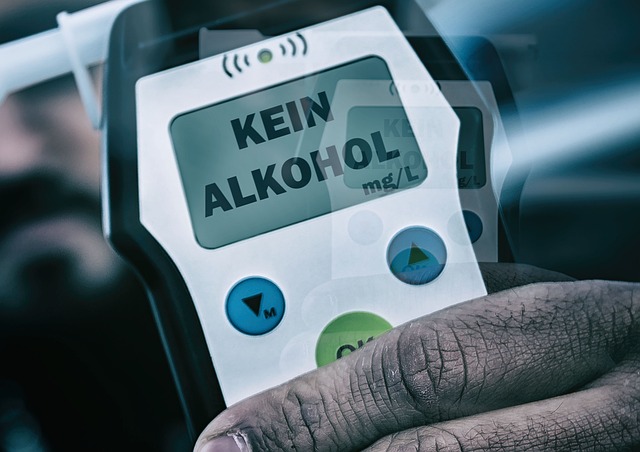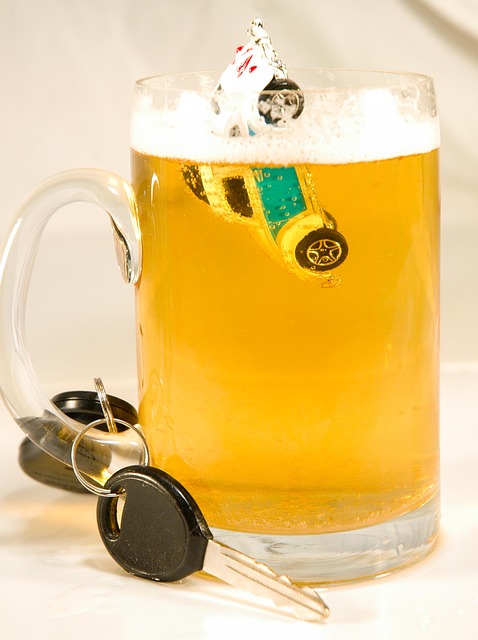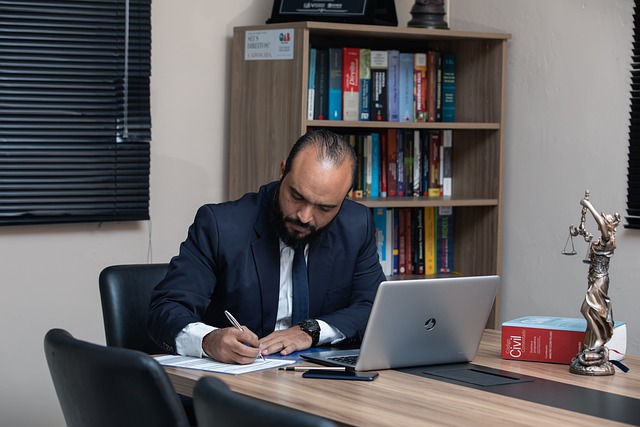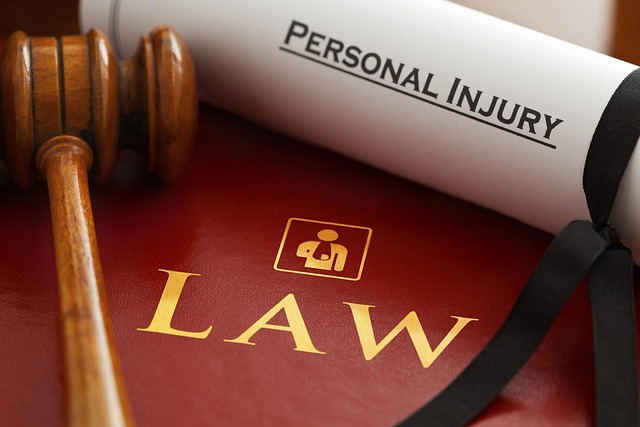Rapidly evolving teen substance abuse trends necessitate personalized rehabilitation focusing on addiction and underlying issues. Corporate DUI Awareness Workshops emphasize family support crucial for success. Integrating CBT, MI, and family-focused strategies improves recovery rates. These workshops educate employees about responsible drinking, promote road safety, and facilitate peer support groups for reintegration. Post-rehab life skills development, combined with awareness campaigns, empowers teens to make informed decisions.
Teen rehabilitation faces unique challenges, but with targeted interventions, success rates can soar. This article delves into critical aspects of teen substance abuse recovery, exploring trends, family dynamics, and effective therapies. We highlight the profound impact of corporate DUI awareness workshops in educating youth about responsible decision-making. Additionally, we discuss peer support groups for reintegration, life skills development, and strategies to sustain long-term recovery. Understanding these components is key to guiding teens back on track.
- Understanding Teen Substance Abuse Trends
- The Role of Family in Rehabilitation Success
- Evidence-Based Therapies for Youth Recovery
- Corporate DUI Awareness: Training and Education
- Peer Support Groups for Adolescent Reintegration
- Post-Rehab Life Skills Development
Understanding Teen Substance Abuse Trends

Teen substance abuse is a complex issue with evolving trends, and understanding these patterns is crucial for effective rehabilitation. Recent studies reveal an alarming rise in alcohol and drug use among adolescents, with a significant shift towards stronger, more potent substances. This shift is partly attributed to the prevalence of Corporate DUI Awareness Workshops and educational programs that highlight the dangers of substance abuse.
These workshops play a pivotal role in raising awareness, especially when tailored to address teen-specific risk factors. By understanding the latest trends, rehabilitation centers can design personalized treatment plans, targeting not just the addiction but also the underlying causes. This proactive approach is essential in guiding teens back on track and fostering healthier, more productive lives.
The Role of Family in Rehabilitation Success

Family support plays a pivotal role in the success of teen rehabilitation programs, especially after incidents like DUI (drunk driving under age) that can disrupt their lives. Corporate DUI awareness workshops often highlight the importance of family involvement, as it’s not just about addressing the legal and safety concerns but also healing the emotional and psychological scars. When families actively participate in these workshops, they gain a deeper understanding of the challenges faced by their teen, fostering an environment of empathy and support at home.
This collective effort strengthens the rehabilitation process, enabling teens to reintegrate into their family structures with renewed purpose and confidence. It helps them avoid relapse and promotes positive behavior changes, which are crucial for long-term success. The family’s unwavering support acts as a beacon of hope, encouraging teens to stay on track during what can be a challenging and transformative period in their lives.
Evidence-Based Therapies for Youth Recovery

Teen rehabilitation programs that incorporate evidence-based therapies show significant improvements in youth recovery rates, offering hope for a brighter future. These therapeutic approaches are tailored to address the unique challenges faced by young individuals, focusing on cognitive behavioral therapy (CBT), motivational interviewing (MI), and family-focused strategies. CBT equips teens with coping mechanisms and problem-solving skills, empowering them to manage triggers effectively. MI helps motivate youth to change their behavior by exploring their ambivalence towards recovery.
Furthermore, involving families in the process through family therapy sessions strengthens support systems and promotes a healthy environment conducive to long-term recovery. Incorporating these evidence-based therapies into rehabilitation offers comprehensive care that not only prepares teens for sobriety but also equips them with life skills essential for navigating future challenges. This holistic approach is crucial, especially when combined with initiatives like Corporate DUI Awareness Workshops, aiming to educate and prevent substance abuse within younger demographics.
Corporate DUI Awareness: Training and Education

In today’s digital era, corporate DUI awareness workshops play a pivotal role in educating employees and fostering a culture of responsible drinking. These interactive sessions go beyond mere compliance, delving into the profound impact of impaired driving on individuals, families, and communities. Through engaging presentations, real-life case studies, and interactive scenarios, employees gain valuable insights into the signs of intoxication, safe transportation options, and the legal repercussions of DUI offenses.
The workshops often include practical components, such as role-playing exercises and Q&A sessions, enabling participants to apply their knowledge in diverse situations. By equipping employees with these crucial skills, organizations contribute significantly to road safety, not just within their own ranks but also extending to their networks and beyond.
Peer Support Groups for Adolescent Reintegration

Peer Support Groups play a pivotal role in the reintegration process for adolescents returning from rehabilitation. These groups provide a safe and supportive environment, where young individuals can connect with peers who have gone through similar experiences. This sense of community fosters understanding and empathy, encouraging open discussions about challenges faced during recovery. By sharing their stories, members gain valuable insights and motivation to stay on the path to sobriety.
Incorporating Peer Support Groups into teen rehabilitation programs offers a holistic approach, addressing social needs often overlooked in traditional treatment settings. Moreover, these groups can serve as a bridge between rehabilitation and community reentry, helping adolescents navigate back into their peer networks with enhanced coping strategies. This transitional support is invaluable, especially when combined with Corporate DUI Awareness Workshops, which further emphasize the consequences of impaired driving and promote responsible behavior.
Post-Rehab Life Skills Development

Post-rehab life skills development plays a pivotal role in ensuring teenagers maintain their newfound direction and avoid relapsing into old behaviors. Beyond addressing underlying issues, successful rehabilitation equips young individuals with practical tools for everyday living. This includes enhancing decision-making abilities, improving time management skills, and teaching responsible money management.
Integrated into this process are corporate DUI awareness workshops that underscore the severe consequences of impaired driving. These educational sessions not only raise awareness but also foster a culture of accountability and responsibility among teenagers who have faced the repercussions of reckless choices. By combining therapeutic support with practical life skills training and impactful awareness campaigns, teens are empowered to thrive post-rehab, making informed decisions that contribute to their long-term success and well-being.
Teen rehabilitation success hinges on a multi-faceted approach, from understanding evolving substance abuse trends among youth to implementing evidence-based therapies and fostering family involvement. Incorporating peer support groups and life skills development further strengthens recovery. Additionally, Corporate DUI Awareness workshops play a crucial role in educating teens about the consequences of impaired driving, acting as a preventive measure against future substance abuse. By integrating these diverse strategies, we can ensure adolescents receive comprehensive care, guiding them towards successful reintegration and a brighter future.






